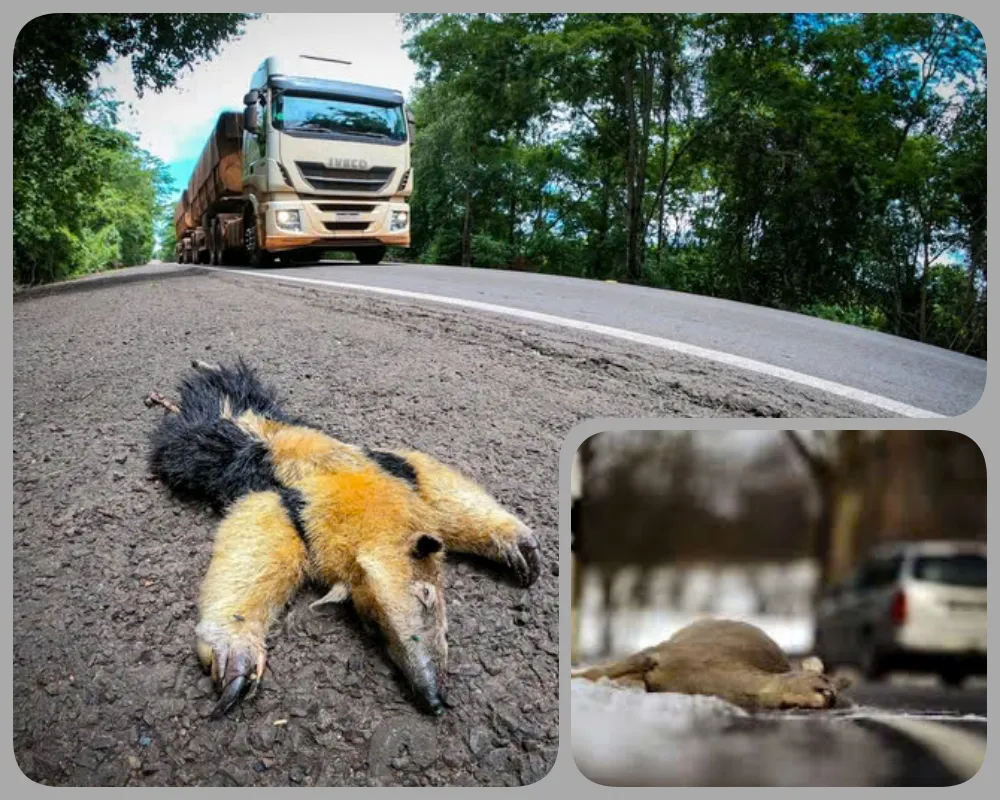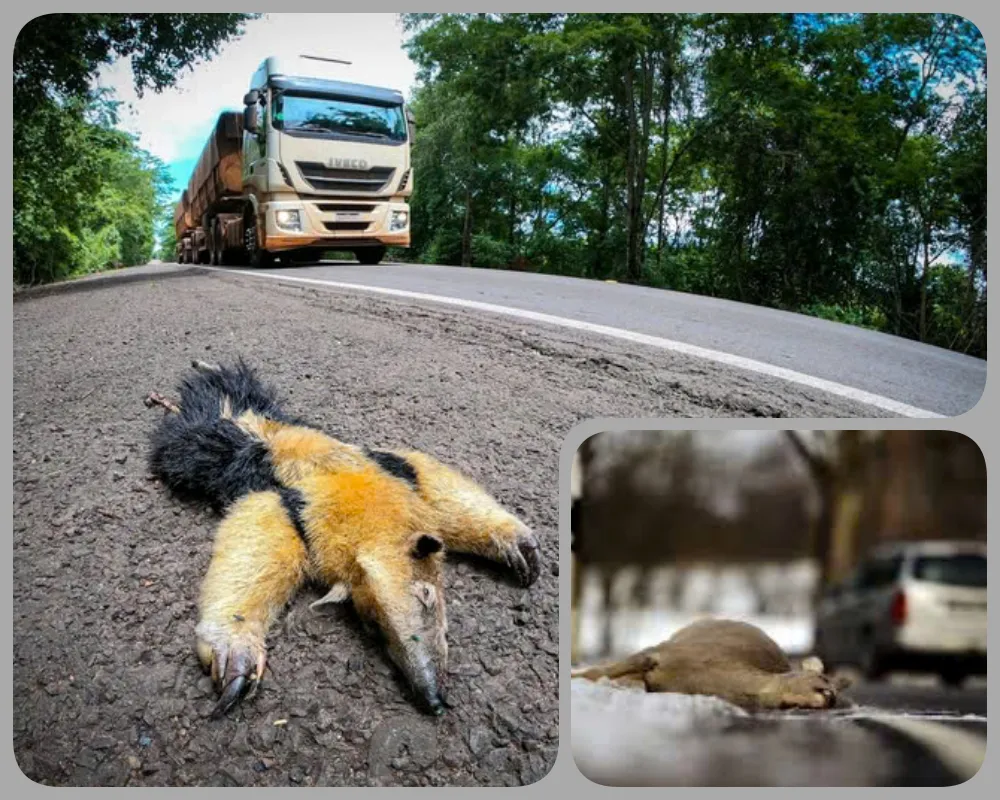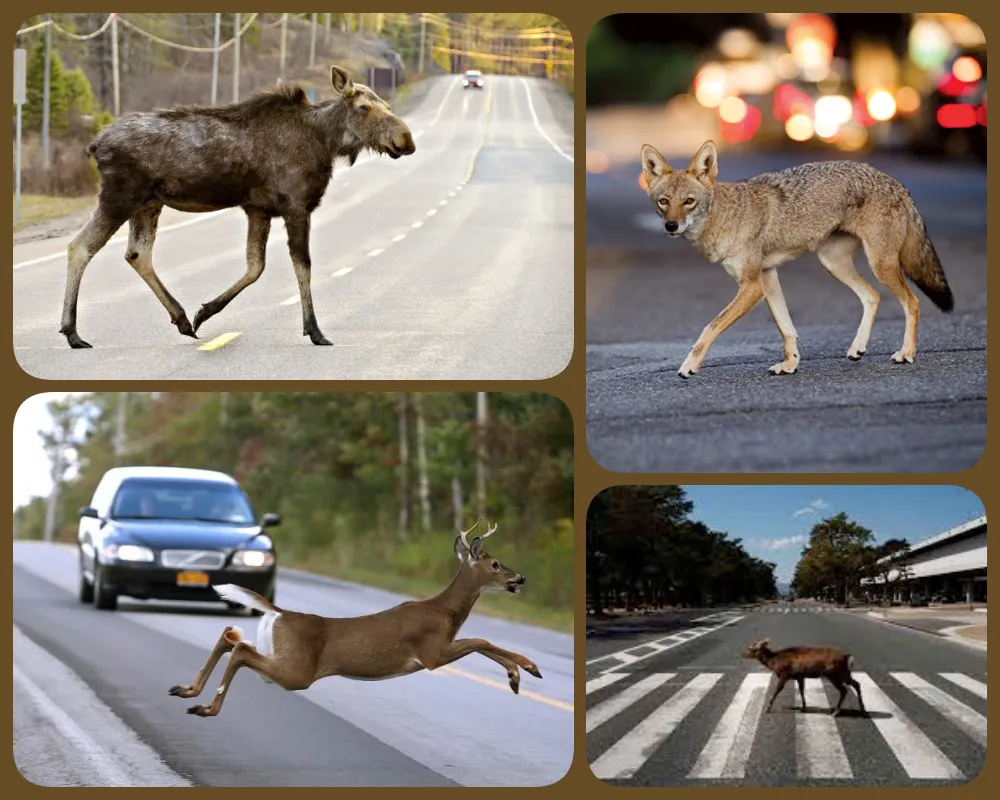
In Brazil, the number of wild animals killed by vehicles every second has reached 16, a worrying reality for both the environment and traffic safety. To combat this problem, a computer scientist has applied artificial intelligence (AI) to develop a warning system that helps drivers identify and prevent the risk of encountering wild animals on the road. This advanced technology promises to reduce accidents involving animals and protect rare wildlife species.
According to the Brazilian Center for Road Ecology (CBEE), about 475 million vertebrates die each year in traffic accidents, mainly small species such as capybaras, armadillos and possums.

Alex Bager, coordinator of CBEE, said this is a serious problem affecting wildlife in Brazil. To address this problem, Gabriel Souto Ferrante, a 25-year-old computer science student at the University of Sao Paulo (USP), has developed a system to protect wildlife from traffic accidents. Souto selected five high-risk animals such as pumas, anteaters, tapirs, maned wolves and jaguars, and built an image database for them.
He trained an AI model to recognize them in real time and got encouraging results. Souto’s work has been published in the journal Scientific Reports.

According to Gabriel Souto Ferrante, for the project to use AI to protect wildlife from traffic accidents to become a reality, cooperation from road management companies is needed. This would help integrate the AI system into existing traffic cameras and computing devices, thereby providing real-time warnings to drivers, similar to navigation apps. The technology is expected to reduce wildlife-related accidents and improve driver safety.

Alex Bager, coordinator of the Brazilian Center for Road Ecology (CBEE), said that current measures, such as installing warning signs, have not been as effective as expected in reducing accidents. He said that installing warning signs only reduces vehicle speeds by about 3%, and other solutions such as animal bridges, tunnels, or fences along roads do not completely solve the problem.
In 2014, Alex Bager and a team of ecologists developed the Urubu app, which reports on wildlife-related traffic accident hotspots. The app not only raised public awareness but also inspired a bill on wildlife safety on the roads, which is currently awaiting approval from the Brazilian Congress.
Although Urubu will cease operations in 2023 due to lack of funding, its contributions have left a significant mark on wildlife conservation efforts and encouraged positive changes in road safety policy. Bager’s work and similar initiatives continue to inspire belief in the ability of technology and innovation to solve pressing environmental problems.



